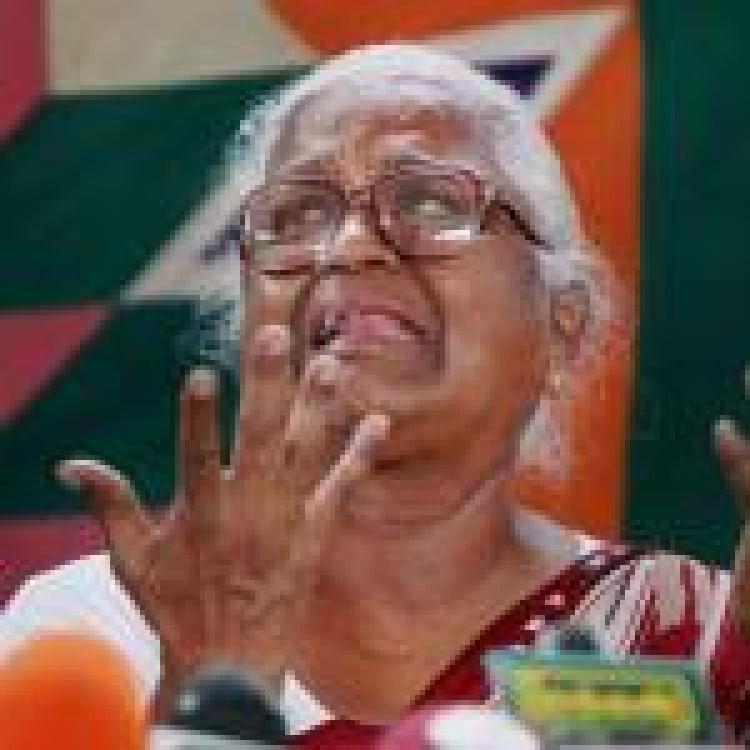The Indian Supreme Court used special powers to release A.G.Perarivalan, who was convicted for procuring the batteries that were used in the bomb that blew up former Indian Prime Minister Rajiv Gandhi in 1991.
The apex court invoked Article 142 of the Constitution which grants it powers for “doing complete justice in any cause or matter pending before it” to release Perarivalan who has spent more than 30 years in jail. He was 19 years old when he was arrested in 1991.
He was arrested along with others who were suspected of playing a role in Gandhi’s assasination. Six others continue to languish in prison on a life sentence.
Perarivalan was initially awarded a death penalty in 1998 but it was later commuted to a life sentence in 2014 on account of the delay in deciding their mercy petitions.
His release has been widely seen as a result of his mother Arputhammal’s struggle who campaigned tirelessly for her son’s release. Perarivalan stood by her as he addressed the press this morning and said his release was only made possible through his mother’s sacrifice and struggle.
News of Perarivalan’s release has caused much jubilation across Tamil Nadu with politicians, celebrities and media personalities expressing their delight at the development.
Chief Minister M.K. Stalin convened a press meet and affirmed the DMK government’s commitment to the release of six other Tamils who remain incarcerated in relation to the Gandhi-murder case.
Senthamizhan Seeman, leader of the NTK, hailed the historic decision and called on the government to immediately initiate a legal movement to release the six who are still in prison. Thirumurugan Gandhi, leader of the May 17 movement, also welcomed the Supreme Court’s decision.
?????????? ???????????? ????????!https://t.co/I58CY4yBjN pic.twitter.com/530SReTg7U
— ?????? (@SeemanOfficial) May 18, 2022
The ruling has also spurred much rejoicing from the masses and many took to Twitter and other social media platforms to pour their enthusiasm. Perarivalan himself played the Parai, traditional Tamil drums, along with other artists as a mark of his satisfaction with the release.
The killing of Rajiv Gandhi in 1991 is generally considered to be a retaliatory act against Gandhi’s deployment of the Indian Peace Keeping Force (IPKF) in Sri Lanka in 1987 which committed grave atrocities against Tamil civilians.
The Indian soldiers engaged in war crimes including the murder of civilians and rapes to the extent that the IPKF is sometimes dubbed “Innocent People Killing Force”.
“I firmly believe there is no need for capital punishment,” Perarivalan said soon after the apex court ordered his release.


